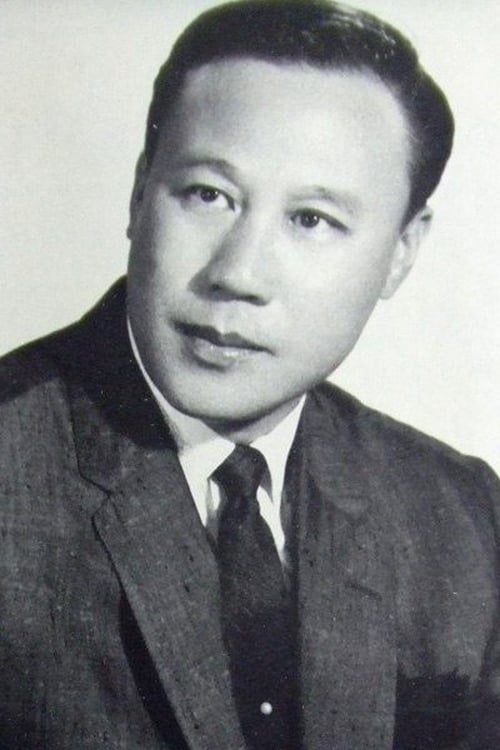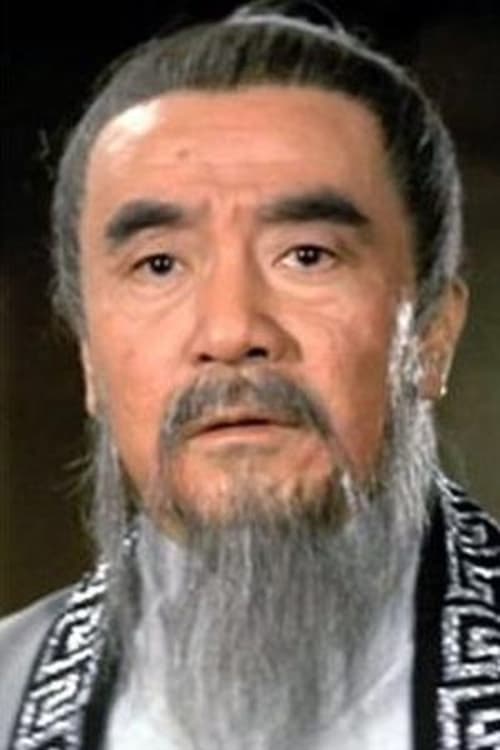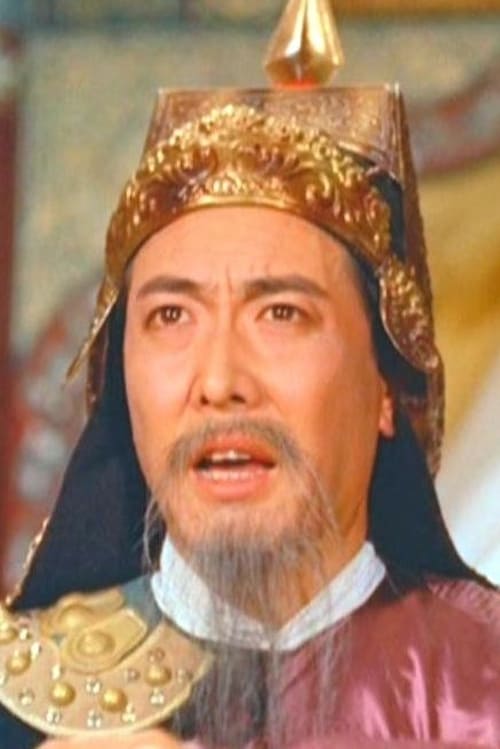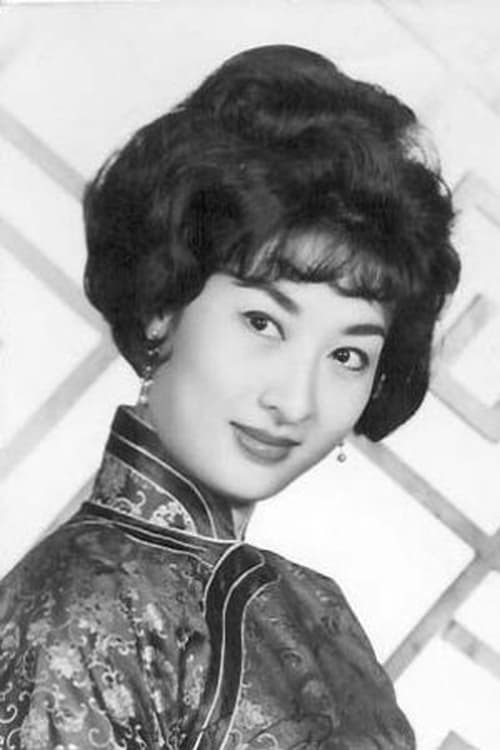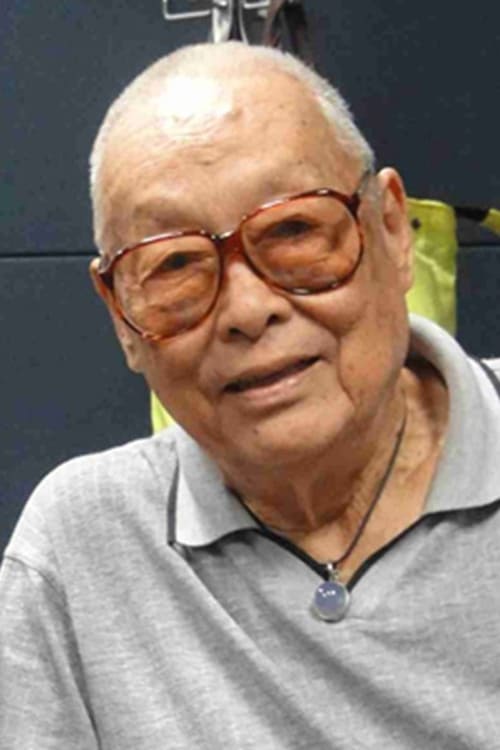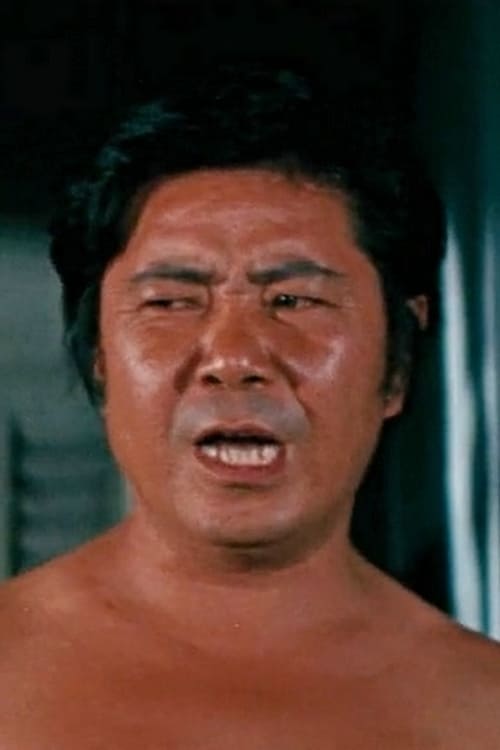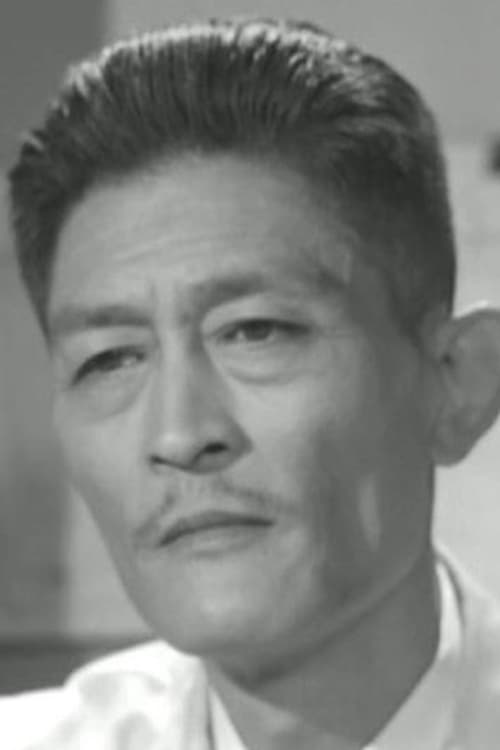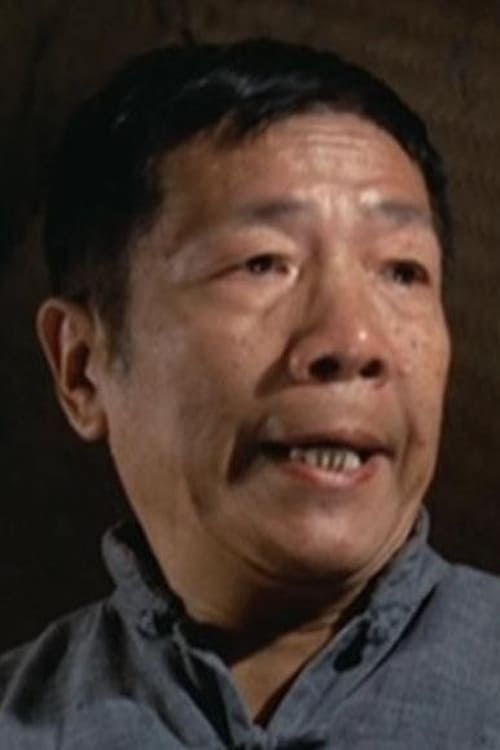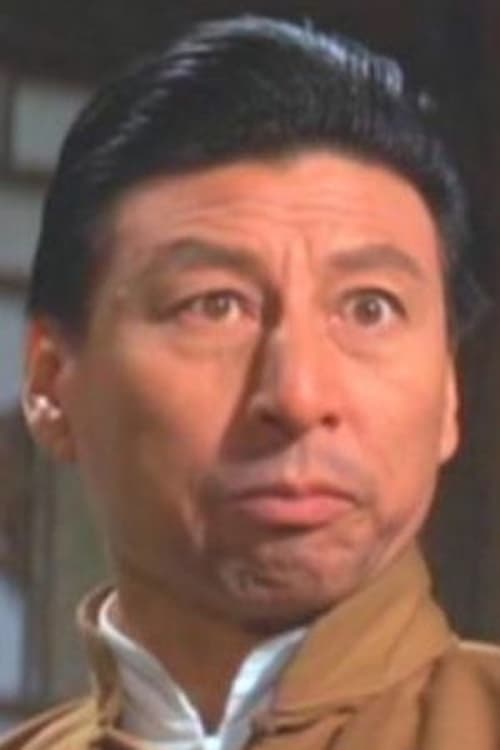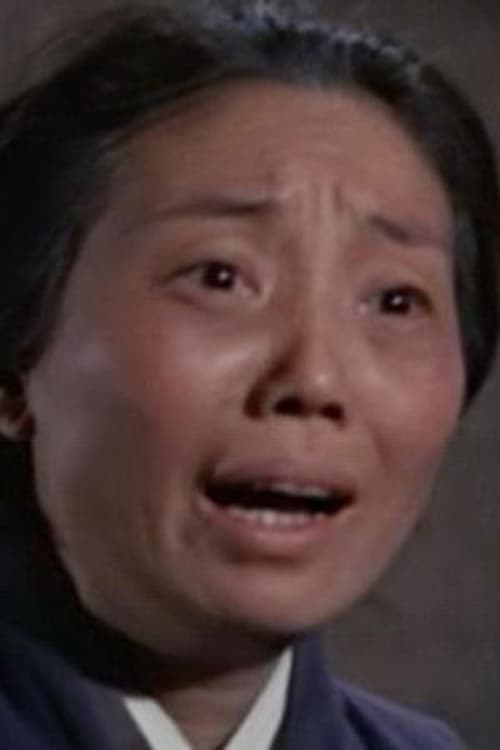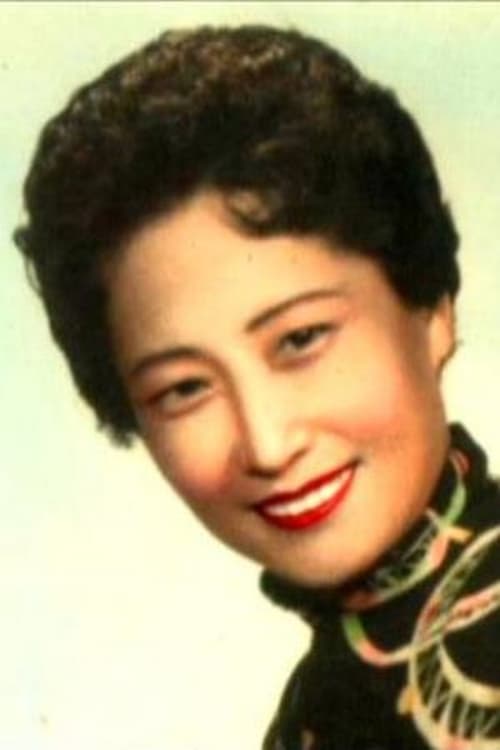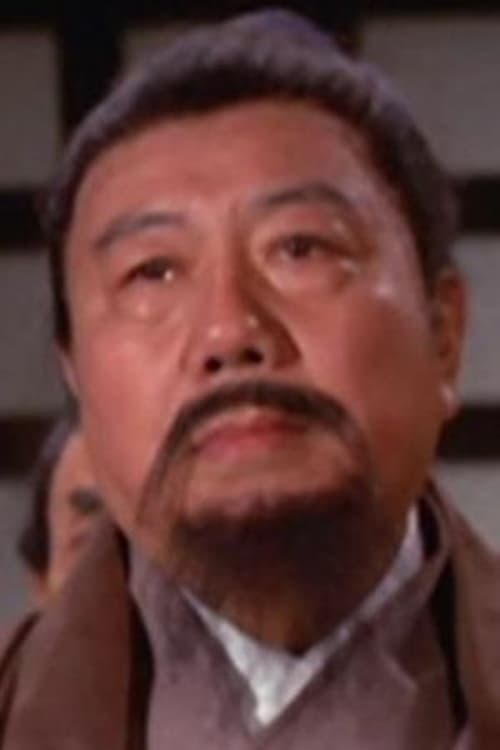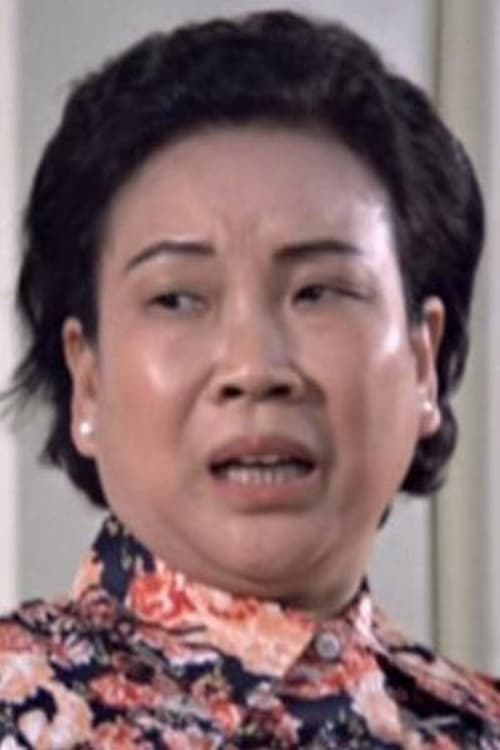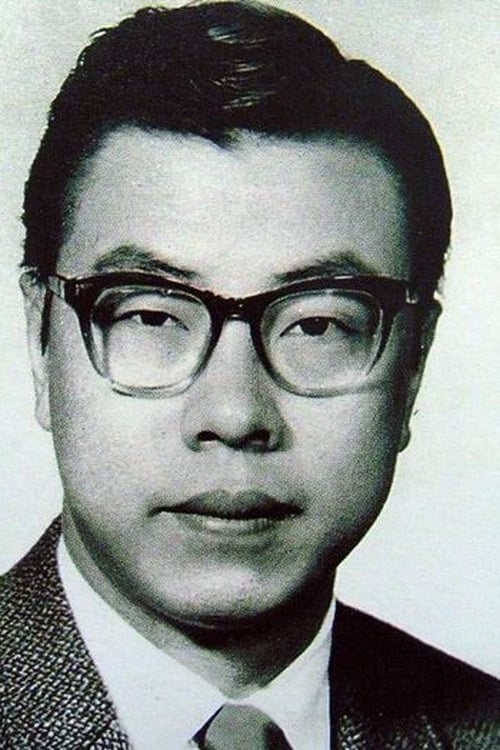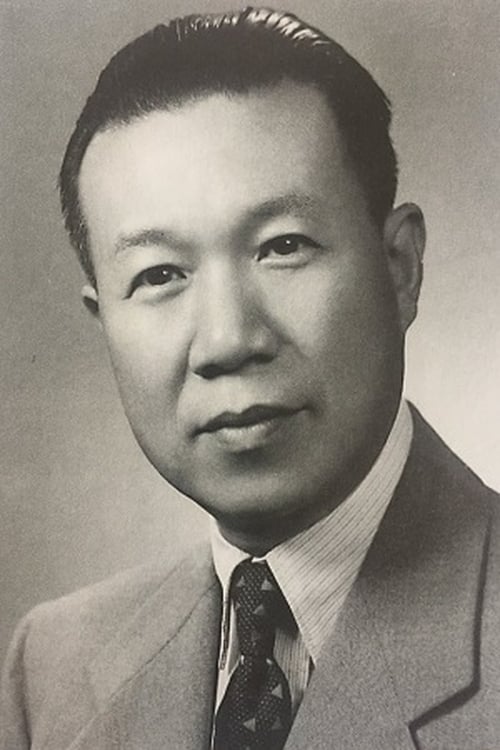The Magnificent Concubine (1962)
Genre : Drama, History
Runtime : 1H 43M
Director : Li Han-Hsiang
Writer : Wong Chik-Boh
Synopsis
Perhaps the most notorious concubine in Chinese history, Yang Guifei set a pudgy standard of beauty in her days of glory during the Tang dynasty. The Emperor Minghuang was so besotted with the woman that when An Lushan stages his rebellion against the empire, the ruler takes Yang Guifei along with his imperial entourage in an escape to the mountainous area of modern-day Sichuan, and sanctuary of sorts. But the concubine had roused the jealousy of the court and unfortunately for her and to the great sorrow of the king, her brother and others among the king's retainers demanded she be strangled to death while they were still in the mountains. This is the story told in this interesting Taiwanese adaptation by director Li Han-hsiang (Li Hanxiang).

A young man with an interest in ornithology arrives to study the work of falcons and their human trainers. The head falconer is a cold and heartless man who obstinately demands perfection from everyone around him. His work is his life, and he doesn't care if his girlfriend makes love to other men. The young man observes all he can before leaving behind the potentially inhuman situation for brighter horizons.

Once again, director Yulia Solnsteva directs a movie that her late husband Alexandre Dovchenko scripted but did not live long enough to shoot. In this wartime drama, the emphasis is on the heroics of both the civilians and the soldiers during times of severe stress in World War II. At the core of the action is one man in particular, whose sacrifices and heroics speak for a much larger group.

Australian famer Kit Kelly and his new bride Anna are driving through Europe when they help a stranded motorist. They discover he is Antonio, a famous dancer. Upon learning that Anna was a ballerina before she married, Antonio attempts to persuade her to join his company.

People quietly or campily pass the time in an overgrown garden full of statues, while a puritanical, funereal gentleman posts bills prohibiting all leisure activities.

Farrebique, the first feature-length effort of French documentary filmmaker Georges Rouqier, is widely regarded as his finest film. Rouqier concentrates on a single French farm family, following them through the four seasons. As in the works of Robert Flaherty, the human characters and the land surrounding them are "one", and Rouqier never misses an opportunity to parallel their lives with the eons-old phases of nature. The final symbolic images of Spring, achieved through time-lapse photography, are almost unbearably beautiful. The winner of several festival awards, Farrebique nonetheless did not immediately result in an outpouring of financing for Rouqier's follow-up films (this was a common problem in the financially strapped French film industry of the 1940s). Perhaps as a result, Rouqier did not make his sequel, Biquefarre (filmed in the same region, with some of the same "actors"), until 1983.

A Soviet 1945 film directed by Fridrikh Ermler based on a screenplay by Boris Chirskov. The film was one of the Cannes top prize winners of 1946.
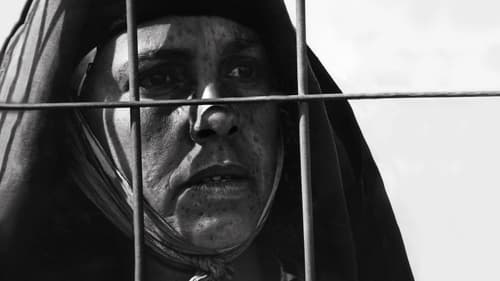
This black-and-white film – the first road movie of Algerian cinema – presents one of the most readily apparent, though subtle, transformations of the daily life of the people of Algeria brought about by the ordeal of French occupation and the war of liberation. With military repression in full force, a peasant woman finds herself alone in her house in the mountains when her only son is taken away by French soldiers soon after her husband is killed in a raid. One day, on seeing a dead chicken, which she considers a bad omen, she decides to leave home, and sets off on a tiring journey through the mountains. With a pair of chickens in tow, she moves from one detention camp to the next in a desperate search for her missing son. The film was inspired by events experienced by the family of its director.
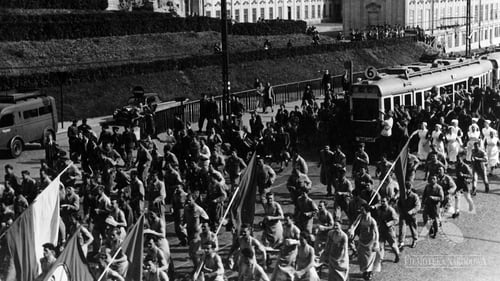
In war-ravaged Warsaw, five juvenile delinquents are given probation for stealing, to rehabilitate themselves, but remain under the influence of their profiteer-boss.

An anthropologist goes to the mountains to study the problems of the indigenous people and finds out that they are being dispossessed of their lands.
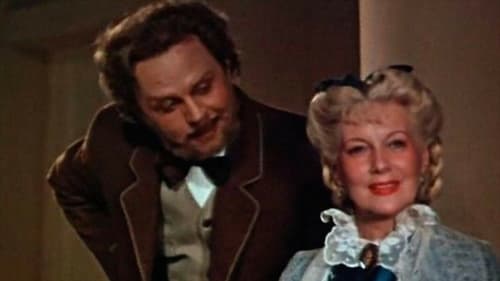
Saint Petersburg, 1858. A group of composers known as The Five meet at Balakirev's. Young Modest Mussorgsky, both a civil servant and a musician, has become a fixture there. He tells about the first opera he plans to compose. Then he goes to the country where he discovers the lowly conditions of the peasants and the bloody conflicts with the rich land owners. He works on Gogol's 'The Marriage', trying to render into music the natural accents of the play's naturalistic dialogue. But his efforts do not pan out. On the other hand, he starts writing his opera on the story of Boris Godunov. The Marinsky Theatre refuses to stage the work. The Five, and Mussorgsky among them, are libeled and the group starts disintegrating. When 'Boris Godunov' is finally performed in 1874, it is a popular success.

The story follows Oshino, a geisha who is trying to start a new life with a lover who is a painter. However, her past filled with debts and pimps catches up to her.

Wealthy landlord Sarkar decides to direct all waste into the village to make space for his real estate project. However, the poor villagers agitate against his plan and the protest is led by Balraj.
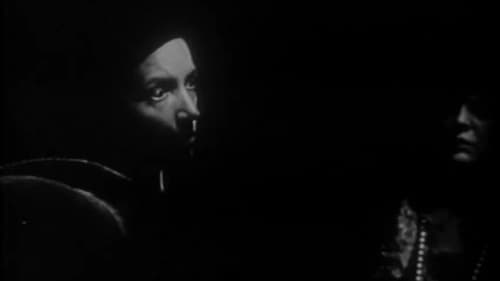
Madame Flora is terrified when she perceives a supernatural presence during one of her fraudulent séances...

Title changed to "Flamenco" when it was first released in the USA in 1954, this is a program of Spanish songs and dances with the emphasis on "flamenco" or gypsy contributions. The USA version has an English narrative written by Walter Terry, the dance critic of the "New York Herald Tribune" newspaper. Heading the cast are Antonio (I), Pilar Lopez and Maria Luz, three of Spain's foremost dancers of the time, accompanied by members of the Ballet Espanol. Filmed in Cinefotocolor in which orange and blue dominated, a combination that should appeal to the fans of Auburn University athletic teams. Distributed in the USA by Martin J. Lewis.

This puzzling experimental film is written and directed by Raymond Rouleau, who uses effects like changing color tones and masks to put across a drama within a dance drama. The set is a sound stage and the actors in this film are dancers on the stage, performing a mime-ballet derived from one particular legend. Both the enacted legend and the actual events affecting the dancers are parallel. The lead dancer Isa (Ludmila Tcherina) is still nursing her wounds after her first love left her to stand alone at the altar. Now one of the dancers wants to expand his relationship with Isa -- and soon after, the cad who jilted her suddenly shows up again. Tragedy follows closely behind.
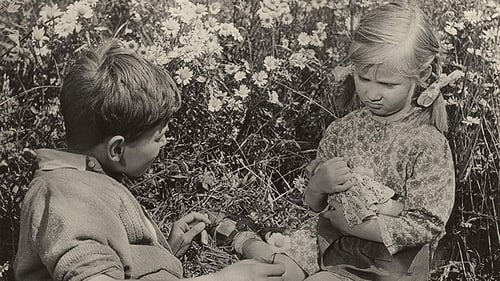
When the planes bombed a Slovene town, a Slovene boy and a German girl set on a journey towards the valley, in which there is no war. On their way a black American pilot, who jumped of a shoot-down plane, joins them. Although American planes have killed the boy's parents, he accepts the pilot with enthusiasm. The children communicate with him in German and the valley of peace seems like the last paradise place of refuge. The Slovene boy, the German girl, and the American pilot represent a symbolic triangle of peace in this adventure happening in the middle of the War of Liberation.
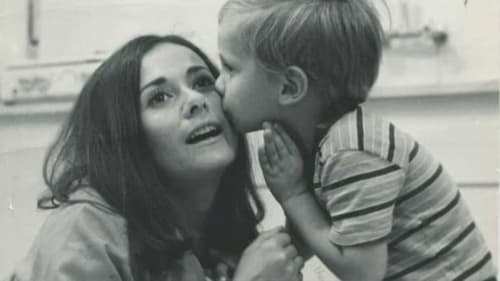
Based on a short story by Abraham B. Jehoshua, the movie follows Eli (Oded Kotler) taking care of an old girlfriend's child for three days. He wants him to get hurt, he worries about him. Will the child survive the three days? Will Eli?

The changing and turbulent history of Hungary is seen through the eyes of three men over a 30-year period in this somber drama. The three recall the highlights of their lives in flashbacks as they reminisce in the mid 1960s. The venerable trio begin their story in the 1930s, through World War II, and the decade beyond the communist invasion of 1956.

Philippe Avron plays a bumbling burglar whose crime career is a textbook case of failure. One evening, Avron comes upon an abandoned nightgown. Upon donning the garment, he feels he has been transformed into an angel. Avron then joins a strange circus, whence he hopes to dispense goodwill to the other misfits of the world. As with the other works of director Albert Lamorisse (The Red Balloon) Lamorisse, it is virtually impossible to determine where reality leaves off and fantasy takes over in Circus Angel, a fact that was instrumental in the film's winning a "Best Special Effects" award at the Cannes Film Festival.

Three directors collaborated on the Italian documentary Continente Perduto. The "lost continent" of the title is Asia, specifically Indonesia, here lovingly photographed in Ferraniacolor by Mario Craveri, Giannni Rafaldi and Franco Bernetti. Highlights include a Cantonese wedding aboard a floating junk, the annual wheat and rice harvest, the animal-sacrifice rites at the rim of a volcano, a ceremonial chariot race, and a bevy of Balinese dancers. Though there's no story to speak of, the film has the rhythm and pace of a "continuity" picture. Continente Perduto was the winner of a Special Jury Prize at the Cannes Film Festival.


